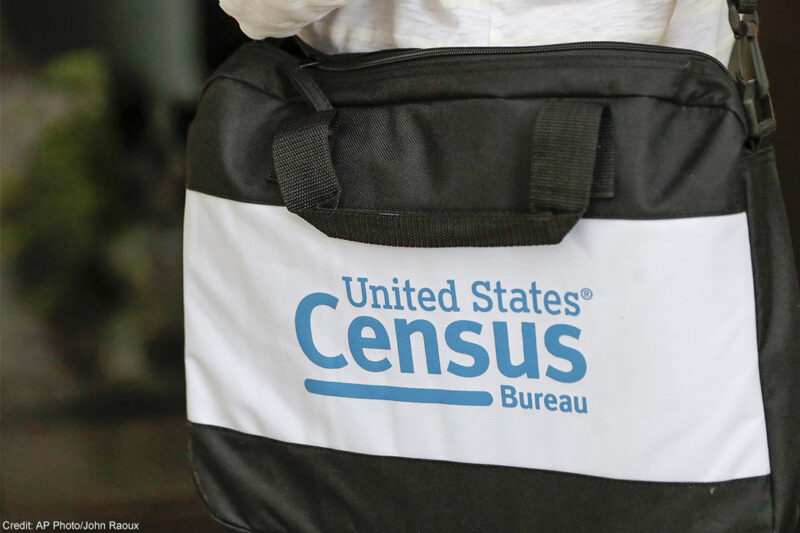Trump’s Last-Ditch Census Move Could Shape the Electoral Map for the Next Decade


Trump’s days as president are coming to an end, but his efforts to weaponize the census continue — and could impact our democracy for the next decade. We’re going to the Supreme Court on Nov. 30 to make sure that doesn’t happen.
If the census fight feels like a case of déjà vu, there's a good reason. We already took the Trump administration to court to block its attempt to add a citizenship question to the 2020 census. The Supreme Court agreed with us and ruled that the citizenship question was illegal. Because of that victory, the census proceeded this year as it has for the last 70 years, free of the discriminatory citizenship question.
Still, the fight continues. In spite of squarely losing on the citizenship question, the Trump administration tried again in July to weaponize the census. This time, it issued a memo directing the secretary of commerce to exclude undocumented immigrants from the count that determines how many congressional seats each state gets. This would be an unconstitutional and radical break with the 230-year history of the census, and could reshape the Electoral College map for years to come.

Here’s why excluding undocumented immigrants is a problem for all of us: Members of Congress don’t just represent the people who vote. They represent everyone with a stake in our communities, including over 10 million undocumented people who live in the U.S. That’s why the census has always counted everybody — citizens and noncitizens alike — since it was first conducted in 1790. Everybody counts and everybody is entitled to representation in Congress. The Constitution says so.
On top of being unconstitutional, the exclusion of undocumented people from the census apportionment count is a discriminatory attack on immigrant communities. It’s no surprise: President Trump has been virulently anti-immigrant since even before he came into office, and the census is just one of many arenas he has used to demonize and disempower immigrants. If he prevails, the exclusionary census total Trump is asking for will dilute the political power of states and areas with significant immigrant communities, especially those of color. States with large immigrant populations like California, Texas, and New Jersey would each lose a congressional seat and an Electoral College vote, while white-majority states would gain representation. An undercount would also make it easier for politicians to draw even more skewed legislative district lines for gerrymandering. To avoid these undemocratic outcomes, we must preserve the integrity of the census — by counting everybody.
From the very beginning of the census fight, Trump has been trying to send the message that undocumented people do not count. That’s not only wrong, it’s unlawful and unconstitutional. Undocumented people are part of the fabric of our communities. They count.
This case is not about particular individuals or groups, it’s about whether all of our communities are represented. We all have a stake in our communities, and we all lose when we’re not counted accurately. We won’t let Trump get away with this last-ditch effort to weaponize the census. We defeated him in the Supreme Court last year, and we are confident that we will do it again this month.



